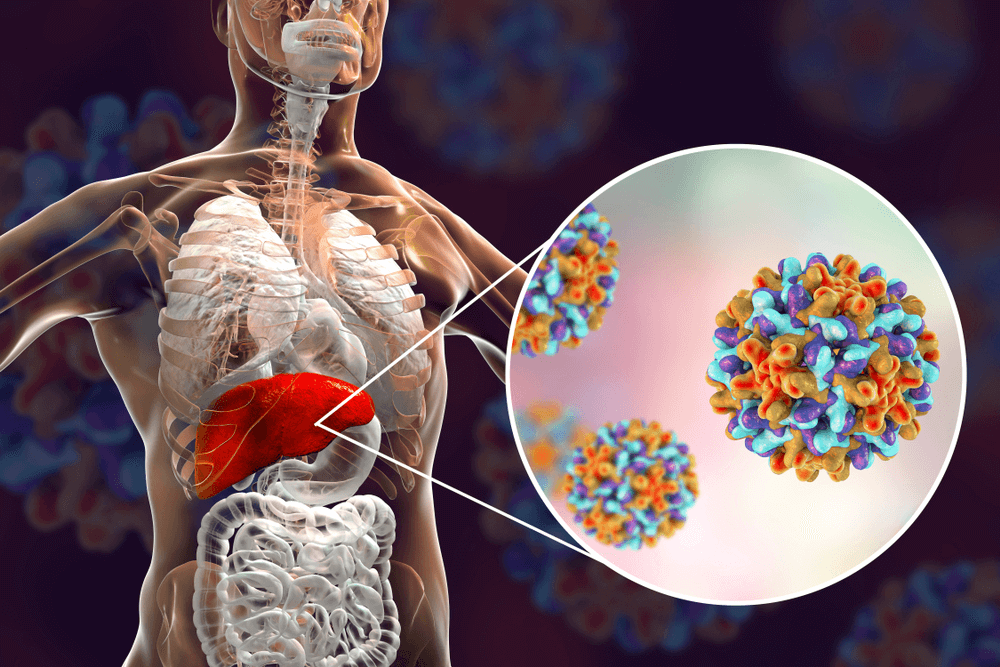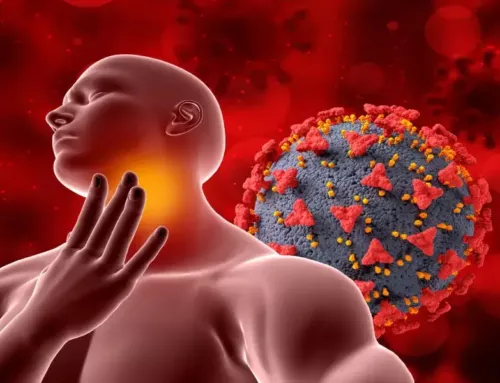Hepatitis: Types, Symptoms, and Treatment
Did you know?
Over 80% of people living with hepatitis lack diagnosis, prevention, and treatment worldwide.
What is Hepatitis?
Hepatitis refers to an inflammation of the liver, commonly caused by a viral infection. However, there are other possible causes as well. An inflamed liver can cause a loss of appetite, vomiting, nausea and fatigue.
See Also: 10 Most Common Causes of Male Infertility
What Causes Hepatitis?
- Main Causes
- Viral infection.
- A and E are acute infections and spread through contaminated food and water, and also by sexual contact.
- B may spread by sharing infected razors, from a pregnant mother to a fetus, between family members or between sexually active partners.
- B, C, D are chronic infections and can spread on receiving contaminated blood or using contaminated equipment during medical procedures.
- Other Causes
- Heavy alcohol use.
- Certain toxins.
- Some medicines and other medical conditions.
Found an association with any of the above causes? Get in touch with a specialist.
The Warning Signs
Mostly, there are limited or no symptoms. But, don’t ignore if you get:
- Jaundice (yellowing eyes and skin)
- Dark urine
- Nausea, vomiting and abdominal pain
- Extreme fatigue
Early testing means early treatment and better health outcomes. Get yourself tested!
See Also: 10 Unknown Factors that Affects Women Fertility
Hepatitis Risks
If not treated on time, it can progress to liver cancer or cirrhosis. Hepatitis B virus remains infectious for prolonged periods and can spread even in the absence of visible blood.
Most of the liver cancers cases are caused by late screening and treatment of hepatitis virus.
Hepatitis Prevention
- Get vaccinated: While kids are vaccinated between 12 and 23 months of age, older children and adolescents can get the vaccination at an interval of 23 months.
- Refrain from sharing personal hygiene items: Razors, nail cutters, toothbrushes, etc. can carry some blood or other body fluids, increasing the risk of hepatitis B & C.
- Practice safe sex: Unprotected sex puts you at an increased risk of hepatitis B & C.
- Strictly follow directions with medicines: Taking the medicines in excess or mixing them will not quicken your recovery, instead, it can harm your liver.
- Avoid reuse of needles: This includes needles used for tattoos and body piercings as well.
See Also: 10 Natural Home Remedies to Increase Breast Size
Dealing With Viral Hepatitis
- Cut back on alcohol. It can damage your liver and worsen the condition.
- C is very difficult to control if your are overweight, because excess weight makes excess excess fat in the liver.
Remember, timely diagnosis is very important for dealing with hepatitis.




